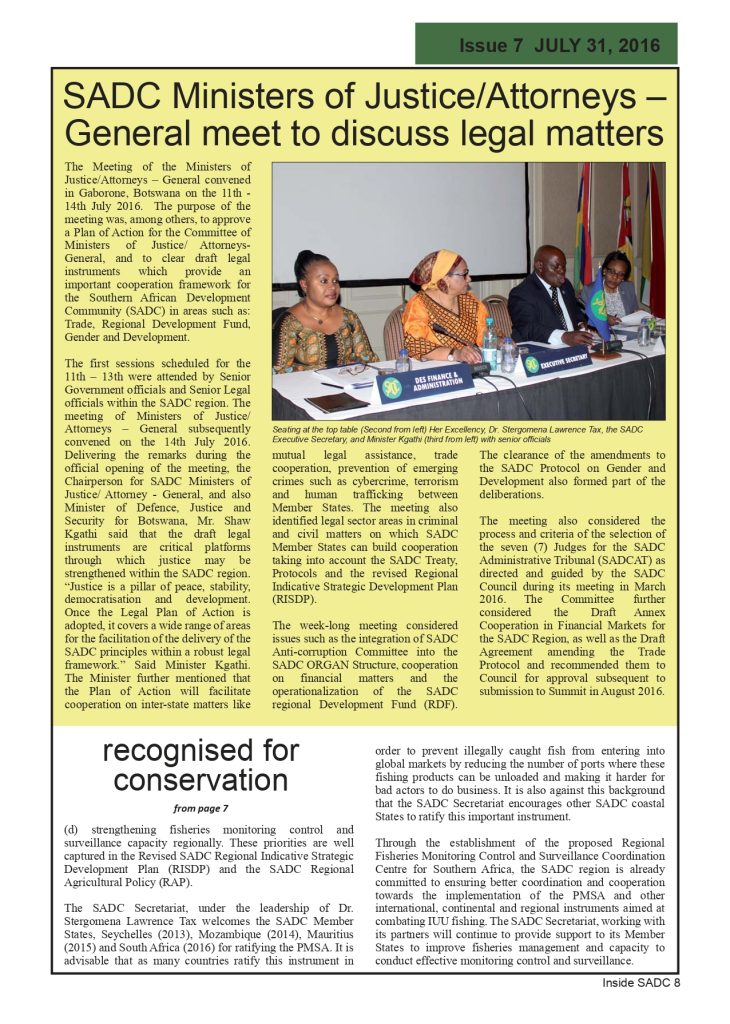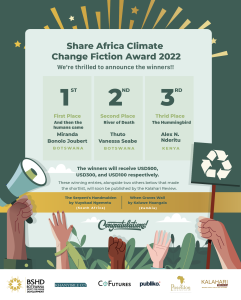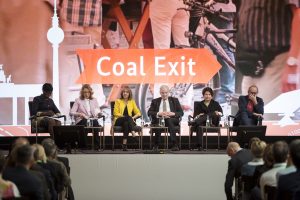Over a week ago, full of expectations, hundreds of Africans left the continent for Katowice, Poland to attend the 24thUN climate change conference with the hope that developing countries would commit significantly to reducing greenhouse gases, and to funding Africa’s adaptation and mitigation measures.
Mithika Mwenda, the Executive of the Pan African Climate Justice Alliance (PACJA) when speaking during the side event that meant to review week one of the 24thConference of the Parties to the United Nations Framework Convention on Climate Change (COP24) said, “We are very disappointed. Few agenda items have been concluded. The essentials ones such as climate finance have not been concluded. To us this is an alarm that if nothing is done it will be business as usual.” Moreover he acknowledged the minimal progress the talks had made.
Before COP24, African countries had convened in Kenya to identify their priorities and expectations, after which they solidified their position and articulated their expectations beforehand. Continental priorities and expectations included the need for effective implementation of existing instruments and conventions, completion of work on the Paris Agreement Work Programme (PAWP), financial support for African initiatives by developing countries such as the US, Germany, France, Netherlands, Switzerland, Japan, Norway, and Sweden to cite a few that have a significant historical responsibility to redress climate change and cushion its effects on developing countries.
To date, the German government has since vouched to pay another $850 million in to the UN Green Climate Fund, having already paid in aprevious pledge of the same sum. But this some is only a fraction of the USD100 billion annual goal countries had pledged to reach by 2020, but have since failed given that 2020 is around the corner and that less 16 billion dollars has been mobilised to date. So far a renewed vow has been made for 2025.
“A commitment was made for the green climate fund, but finances in adaptation processes and response measures are still a pending issue. How are we to address issues that are caused by the fact that we adapted? For example if we stop using coal and go to solar, jobs will be lost at power generation. How are we then to ensure that quality jobs are set up,” Thabang Botshoma, the Deputy Permanent Secretary of the Ministry of Environment, Natural Resources and Conservation and Tourism.
Like most African countries, and other non-African countries that constitute the list of Least Developed Countries (LDCs), Botswana had travelled harbouring the hope that the rule book –detailing the guidelines that will define how climate action is implemented, and accounted for moving forward will be finalised. Also, countries wished that clarity in financing of mitigation and adaptation measures would be given.
“I have realised that in negotiations each one is trying to get what’s best for themselves and reduce their liability, and this seems to be a common thread across all topics such as financing especially of adaptation issues, and transparency. Developed countries are reluctant to admit that they caused climate change, as they think that means they would have to give more money, and increase their support to developing countries,” said a COP24 Motswana Youth Observer who wished not to be named. Moreover she added that it was good to see small countries like Island states and developing countries standing up for themselves.
When sharing her sentiments, Antoine Faye, Public Policies Analyst and Expert Consultant in the Economic Climate Change, at Fayan Consulting in Senegal subsequently called on developed nations to be transparent in their giving, expounding that development aid should not be confused with climate change funding. Climate finance Faye said should be new, additional and predictable amounts set aside strictly for climate change.
Gender and climate change is another issue Africans felt was not satisfactorily filtered into the discussions. Honourable Elizabeth Dineo Swartz – Mokomo, Ghanzi District Council said, “As a woman I don’t see gender and climate change being addressed without urgent action towards key sustainable development goals of ending hunger. When resources are scarce girls suffer due to unequal resource distribution, I am therefore looking forward to seeing women participating in environmental decisions, and benefiting in capacity building, as well as and funding to educate women on climate change issues.” Over the past week, women from Africa have been very vocal in that the Rule book should reference gender, as the gender responsive language had been removed.
Another point in discussions, that led to protects by the end of last week, was the excluding of human rights in the rule book. The Paris Agreement, in its preamble acknowledges human rights, but the rule book which Ministers from across the globe will sit down and finalise after the two day extension of the conference technical level which ends this evening, is silent when it comes to human rights. This has therefore sparked protests among peoples of varying generations that are attending COP24.
Victoria Tauli-Corpuz, the United Nations Special Rapporteur on the Rights of Indigenous Peoples has since called on countries to comply with the human rights obligations they have signed as there is a need to put human rights into the centre of the solution to climate change.
“Indigenous people are in the front lines of the adverse impacts of climate change, as they are living in very fragile ecosystems,” she said, emphasising that, “It will very well be unfortunate if the need to protect and respect fundamental rights is not reiterated in the decisions here in Katowice. This will further harm the most vulnerable sections of society.”
December 10, 2018 marked the 70th anniversary of the adoption of the Universal Declaration of Human Rights. In 1948, this historic moment signalled the beginning of a new era founded on the respect of human dignity and the belief that the rights of all humans deserve equal protection.
Climate change is currently one of the greatest threats to human rights to life, health, food and an adequate standard of living of individuals and communities across the world. Because of climate change, Benjamin Schachter, the Associate Human Rights Officer at the United Nations Office of the High Commissioner for Human Rights said entire nations, ecosystems, people, and ways of life could simply cease to exist, and countless lives will be irreparably harmed. According to a comprehensive assessment by theIntergovernmental Panel on Climate Change(IPCC) report released in October, 2018, as quoted by National Geographic, the past decade has seen an astonishing run of record-breakingstorms, forest fires, droughts,coral bleaching, heat waves, and floods around the world with just 1.0 degrees Celsius of global warming. However, all these the reports cites will get substantially worse with a 2 degrees Celsius rise in global temperature.
As talks draw near to an end, African counties are hopeful that pending issues will be ironed out to the advantage of Africa. Africa hopes its Ministers will defend its rights strongly. -END-





